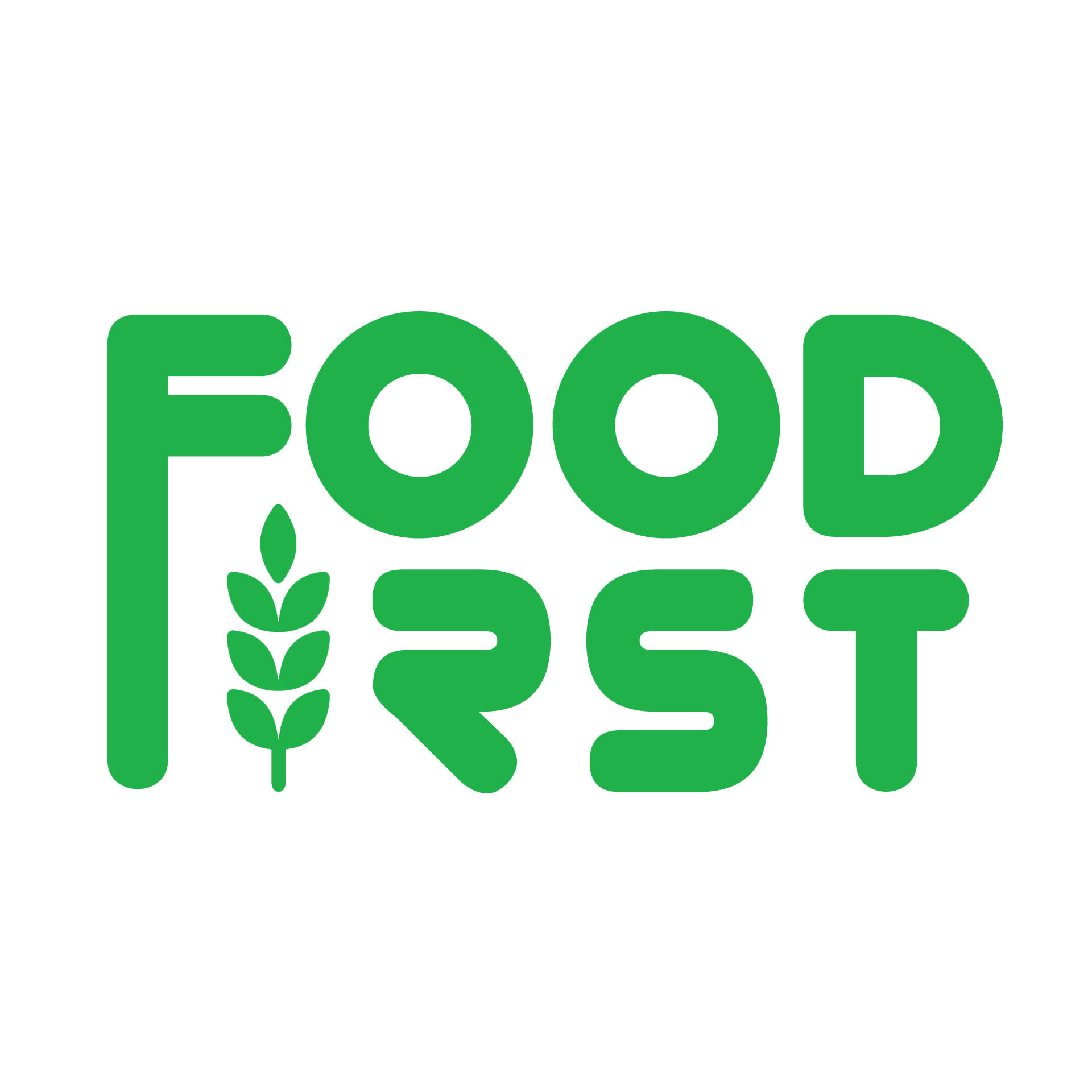Youth World Food Day
foodFIRST Vijverbergsession - 19 October 2019
World Food Day is celebrated every year around the world on 16 October in honor of the date of the founding of the Food and Agriculture Organization of the United Nations in 1945. The day is celebrated widely by many other organisations concerned with food security, including the World Food Programme and the International Fund for Agricultural Development. World Food Day promotes global awareness and action for those who suffer from hunger and for the need to ensure healthy diets for all. These objectives together with the goal to organize an event aimed at young people resulted in the 2019 Youth World Food Day event. In today’s fast-paced world and the number of hungry people around the world continues to rise, it is more than ever worthwhile to tap into the ideas of young people to take on global challenges. This youth-led event shares perspectives globally on food security and takes on issues together with opinion leaders to generate impact for SDG 2: Zero Hunger.
At Young Summits, youth and opinion leaders jointly discuss solutions for world food challenges. From a region that thrives on development and innovation in agri-food, the city of Ede acknowledges the pledge for #zerohunger. Located in a municipality that takes its food policy seriously, World Food Center is able to turn its ambitions into action. Initiative for the solution-oriented Young Summits at World Food Day 2019 is taken by I4Nature, the organization responsible for activation and involvement of youth worldwide. This I4NATURE event is a co-production of foodFIRST together with the municipality of Ede and the World Food Center. Other partners that made this event possible include the Wageningen Youth Institute, UCAS Wageningen (African Student Union), Smaakpark Ede, Rabobank Gelderland Zuid and the Netherlands Nutrition Centre. The goals of this day can be summed up as follows:
• Making people within the Food and Agri-value chains and rural-urban continuum aware that young people have valuable insights and ideas that can be tapped into to have a significant contribution to solving food security challenges;
• Creating awareness amongst young people, and let them experience, that they are part of the Food and Agri value chains and that their (behavioural or consumer) choices and solutions can create impact;
• Positioning the Netherlands, in particular Ede as the location where the World Food Centre is situated, as a guiding country on the future challenges of combatting hunger.
To achieve the above mentioned goals, three phases are taken into account:
1. Activities on the theme of food waste/losses to inform young people in a way that connects to their lifestyle to enable them to come up with solutions for the challenge. This involves approaching young people, through schools in and around Ede, matching activities to inform them on the theme of Food waste/losses, and supporting them to make presentations for the Young Summits event. Similar activities take place in a more digital form to challenge young people in the rest of the Netherlands and other countries.
2. Hosting the young summit event to create a platform for young people to present their solutions, engage in dialogue with opinion leaders, and opinion leaders who reflect on the solutions on how to bring young people along. An important element in this event is creating a live video program in which young people globally can engage and share their perspective and solutions.
3. Facilitate that the harvest of solutions will be addressed to stakeholders to be taken up for realization within the conditions of what is opportune. Next to that, the harvest of how these activities to achieve the goals as described can be achieved more structurally, by evaluating and meeting on these themes with relevant partners (like Ede, WFC) by the end of November 2019. A more programmatic approach to use events like this instrumentally, will be explored.
Phase one consisted of introducing the challenges, activating young people to participate and making opinion leaders aware that the event is happening and activating them to become a part of this event. Phase two concerns getting young people to tune in on live video and giving further substance to the event. The last phase includes determining the follow up to the event
As described above, the two focus groups include young people and opinion leaders. Young people at this event were from mainly in secondary schools, (pre)-vocational training schools, Universities (for applied sciences) of the region in and around Ede. Next to this, young people of (inter)national organizations within the Food & Agri-value chains, and rural-urban continuum were present. In total 212 young people participated throughout the day, the majority being girls. Online there were more than 5.500 participants from all over the world. For foodFIRST-specific components, aimed at university (for applied sciences) students, there were 56 participants of different nationalities, such as from various African countries, China, Australia and the United States.
It was a full-day event and during this day there were many different activities planned, such as interactive dialogues with opinion leaders but also with experts, speed dates, food waste challenges, presentations of young people all over the world, and a dinner. The atmosphere during the day was light-hearted but the conversations around the topics were serious. The activities managed to tickle the minds of the participants and they were informative; the activities were also activating and improved dialogues between the youth and policy leaders. The event has stayed close to the project objective and has achieved delivering quality content to the participants. I4NATURE will continue to give a follow up to this event. At this stage, it is important to communicate the link to local and worldwide contexts. FoodFIRST will support I4NATURE in this prospect.
